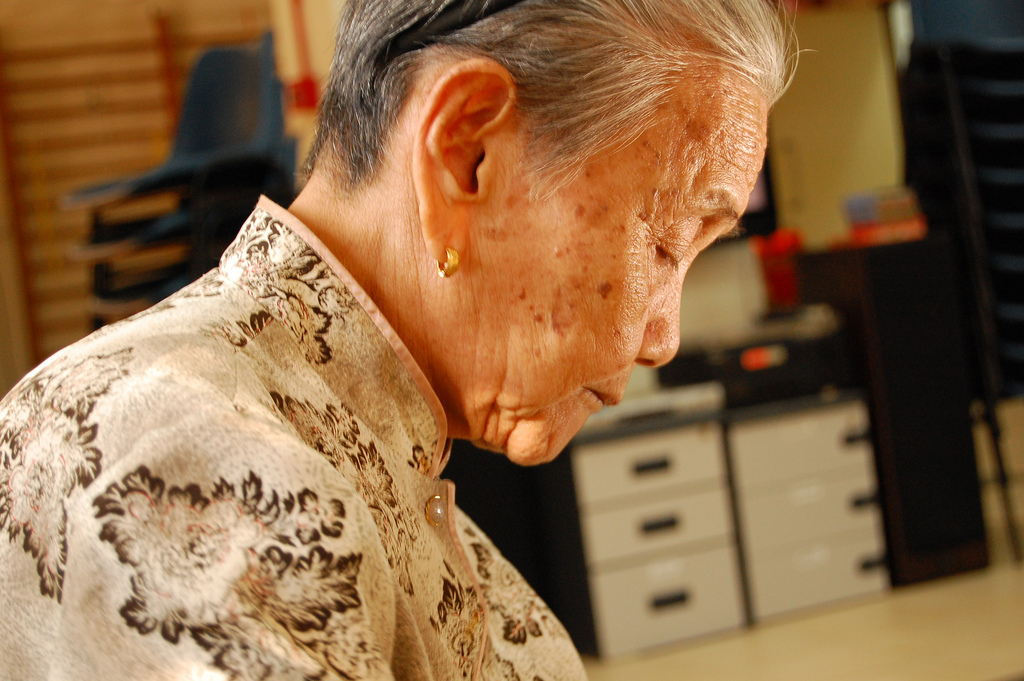Where The Needs Of Others Come First · Available 24x7 For Emergencies

Even a Small Natural Event Can Create Danger for Seniors
If a 9.0 earthquake, a raging forest fire, or a hurricane strikes our hometown, we plan to swing into emergency mode right away, pulling out our emergency kits, gathering our family members, and getting to safety as quickly as possible. It’s certainly important to make sure that a senior family member, especially one who lives alone, is adequately supplied and knows what to do in a major emergency situation. But we need to remember that it doesn’t take a major natural disaster to put our vulnerable senior loved ones in danger—something as simple as a power outage can threaten their health and even their lives, while the rest of use hardly take notice of it.
Power Outages
A power failure has several effects on the house’s environment, and most of them pose a threat to a senior who is unprepared for it:
- If it is dark outside, a senior can be left without a way to safely walk through the house, creating a severe risk of falling.
- In very hot or cold weather, it doesn’t take long for the house to approach dangerous temperatures when the furnace or air conditioner is not functioning.
- Electronic medical equipment will not work during an outage unless it has a backup battery power supply.
Having flashlights within reach at key spots such as the bedside is important, but the best approach is to immediately check on a senior in person when there is a power outage. Lighting candles and bundling up might be fun for your family, but it’s best to make sure a frail senior relative is coping until the lights come back on.
Wind and Temperature
On a gusty day, is your first thought to get the kites out of the garage? Before you do, you may want to check on a senior relative’s property. Potential problems range from the inconvenience of trash cans (and the trash inside) being blown across the yard to the real danger of dead tree limbs falling on the house. If a senior feels she needs to venture out of the house to take care of blowing litter, she could easily lose her balance in the strong wind and suffer an injury.
If a senior is suffering cognitive decline, he may need assistance programming the air conditioner or furnace when the season changes. Be sure that the air conditioner is set to kick on well before the first hot day of the season, or it could get very uncomfortable in the house.
Assistance on Site
A great way to prepare for any potential minor disaster—natural or otherwise—is to have a competent family member or in-home care provider nearby at all times. The more frail and mentally impaired a senior becomes, the less it takes to create an injury risk and the more important it is to have help near at hand.
Photo by fechi fajardo 
Originally posted 2014-10-07 10:30:56.
